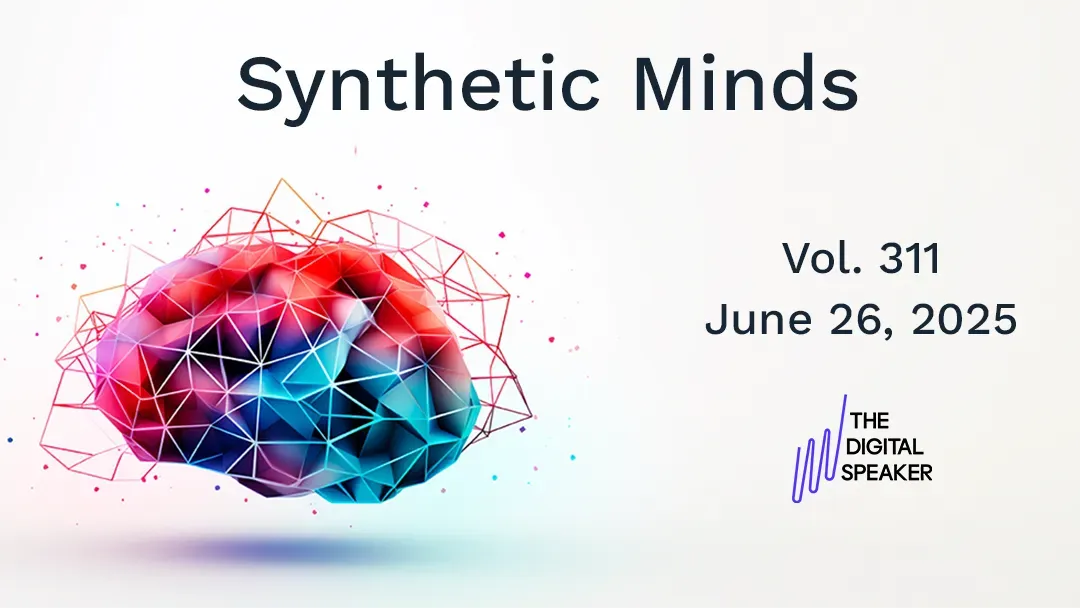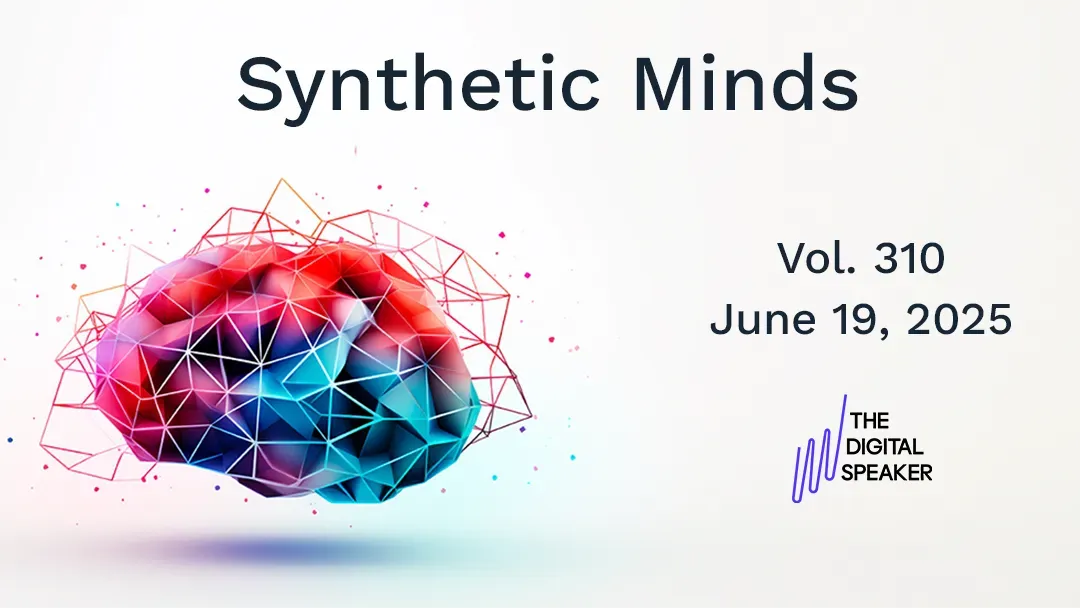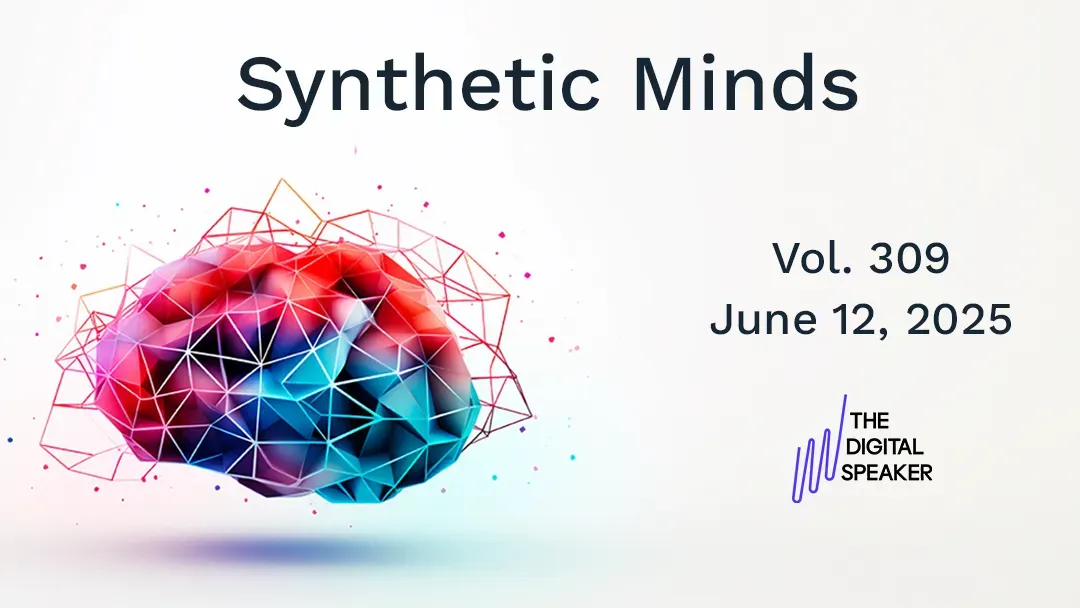Synthetic Minds: The Good, the Bad and the Ugly of AI
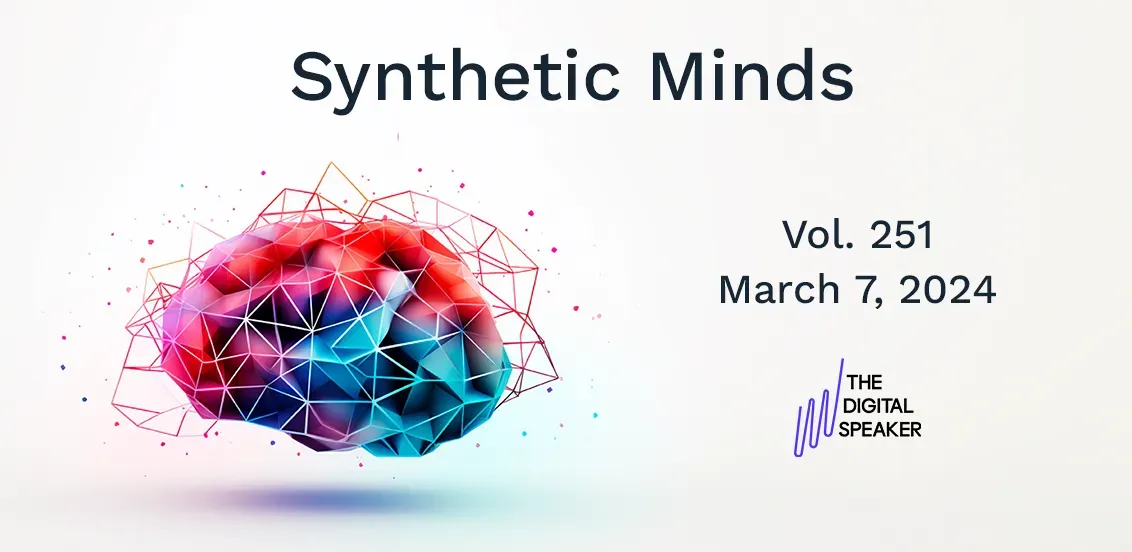
'Synthetic Minds', formerly known as the f(x)=e^x, serves as a mirror to the multifaceted, synthetic elements that are beginning to weave into the fabric of our society. The name acknowledges the blend of artificial and human intelligence that will shape our collective future, posing incredible opportunities and ethical dilemmas.
Facing a New Reality: AI, The Good, The Bad and The Ugly

My latest talk:
In the era of generative AI, financial institutions must embrace data-driven strategies, AI integration, and digital literacy to stay competitive and uphold ethical standards. Earlier today, I delivered a keynote at The Digital Banking Annual Meeting 2024 in Seoul, South Korea, with the objective of challenging the audience to think differently in the age of AI.
Generative AI can enhance efficiency, transparency, and data-driven decision-making in finance, but only with proper data governance, internal model training, and strategic foresight.
To succeed in our digital future, we urgently need to step up our global digital literacy efforts, robust verification systems, and agile regulations to mitigate risks like misinformation and fraud. By proactively embracing education, verification, and regulation, financial institutions, and other organisations, can harness AI's benefits while upholding ethics and the public interest.
Go beyond my newsletter and have an on-demand chat with my digital twin via text, audio or video in 28 languages!
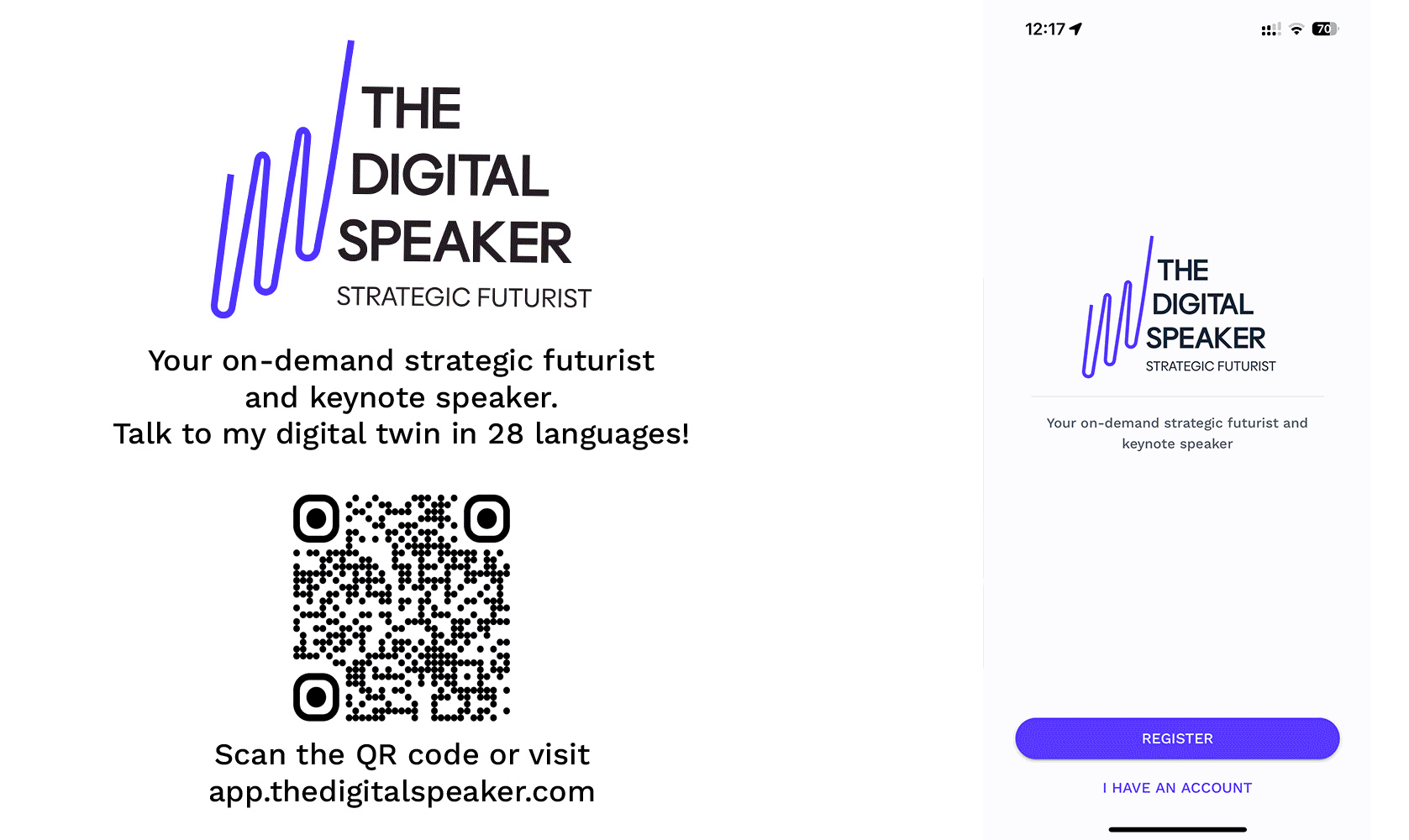
Synthetic Snippets: Quick Bytes for Your Synthetic Mind
Quick, curated insights to feed your quest for a better understanding of our evolving synthetic future. The below is just a small selection of my daily updates that I share via The Digital Speaker app. Download and subscribe today to receive real-time updates. Use the coupon code SynMinds24 to receive your first month for free.
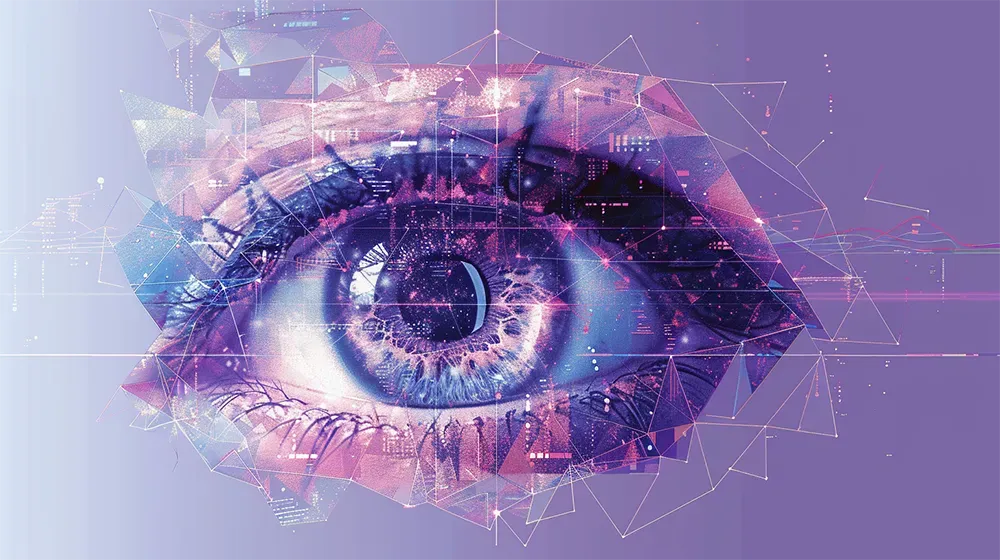
1. THE EYE OF CONTROVERSY: SPAIN'S STANCE ON WORLDCOIN'S VENTURE
Spain has temporarily stopped Sam Altman's Worldcoin project, raising significant privacy and ethical concerns over its use of iris scans for cryptocurrency distribution. This action underscores the broader conflict between technological innovation and personal privacy, catalysing a global discussion on the ethical use of biometric data and highlighting the challenges of regulating such advanced technologies. (FT)

2. AI EVOLUTION UNLEASHED: ANTHROPIC'S CLAUDE 3 CHALLENGES THE TITANS
Anthropic's Claude 3 Opus marks a significant evolution in AI, directly challenging industry leaders like OpenAI and Google with superior performance in scientific and code-related tasks. Amidst chip shortages and legal issues on data, Claude 3 sets new AI benchmarks, excelling in problem-solving and knowledge assessments. This innovation not only advances AI capabilities but also emphasizes ethical development, highlighting Anthropic's commitment to responsible, bias-minimized AI deployment in various sectors. (Anthropic)
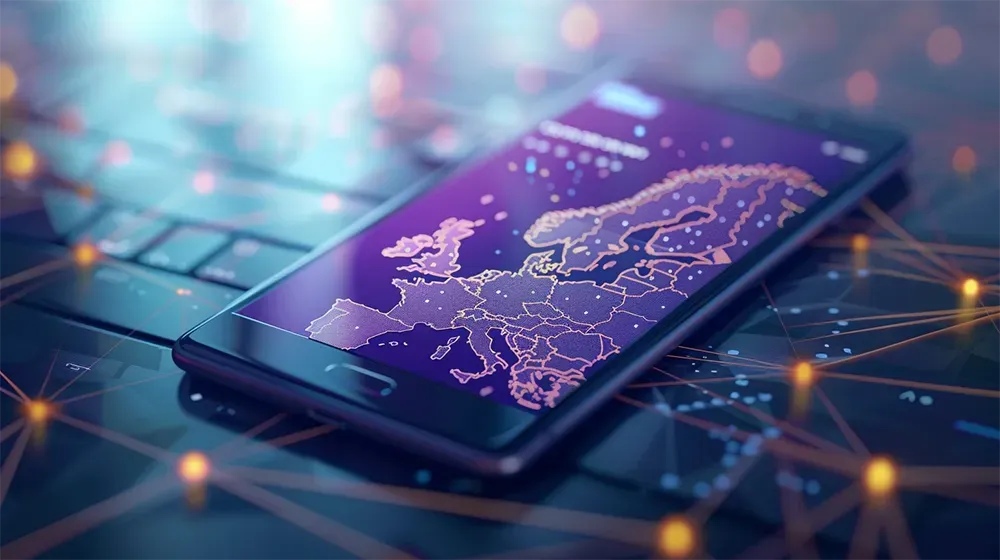
3. BIG TECH BENDS: THE TRIUMPH OF PUBLIC VOICE OVER CORPORATE MIGHT
Apple has conceded to public and regulatory pressure within the EU by reinstating Progressive Web Apps (PWAs) functionalities on iPhones, reversing a decision that had previously upset many. This change, prompted by the EU's Digital Markets Act, demonstrates the growing influence of legislative bodies on tech giants, ensuring technology respects legal standards and public interest. It marks a pivotal moment in how technology companies balance innovation with compliance, fostering a more democratic and inclusive digital landscape. (TechCrunch)

4. AI WRITES, JOURNALISM FIGHTS: NAVIGATING GOOGLE'S NEW FRONTIER
Google's foray into AI-driven journalism raises critical debates around innovation and journalistic ethics. By offering financial incentives to smaller publishers for using AI to reprocess news, concerns emerge about originality and fairness. Critics argue this could undermine journalistic integrity by diluting content authenticity and disadvantaging original reporting sources. This situation underscores broader issues about AI's impact on journalism, stressing the need for proper acknowledgment and compensation to maintain the industry's foundational values of trust and transparency. (Adweek)

5. FINGERPRINTS IN THE AIR: THE UNSEEN THREAT OF ACOUSTIC HACKING
The discovery of PrintListener, which can decipher fingerprints from the sounds of swipes on screens, unveils a new vulnerability in biometric security, challenging our reliance on it for safeguarding digital data. This method highlights a passive security threat, emphasizing the need for innovative defenses against such sophisticated cyber attacks. It prompts a reevaluation of current security measures, advocating for collaborative efforts to develop more robust protections and maintain the integrity of our digital identities amidst evolving cyber threats. (The Independent)
2024 will be the year of deepfakes, and the first deepfake of Biden interfering with the US election has already happened.
My digital twin and I discussed these threats and what to do about them in my 2023 TEDx talk.
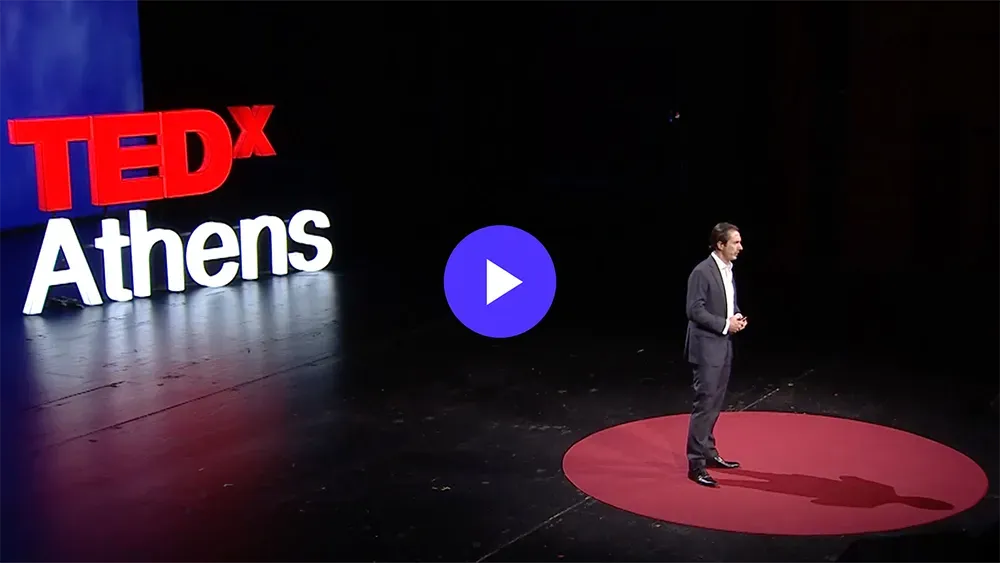
Download the full 2024 Top Ten Technology Trends Report
Know someone who needs the Synthetic Minds?
Forward it to someone who might like it too.

